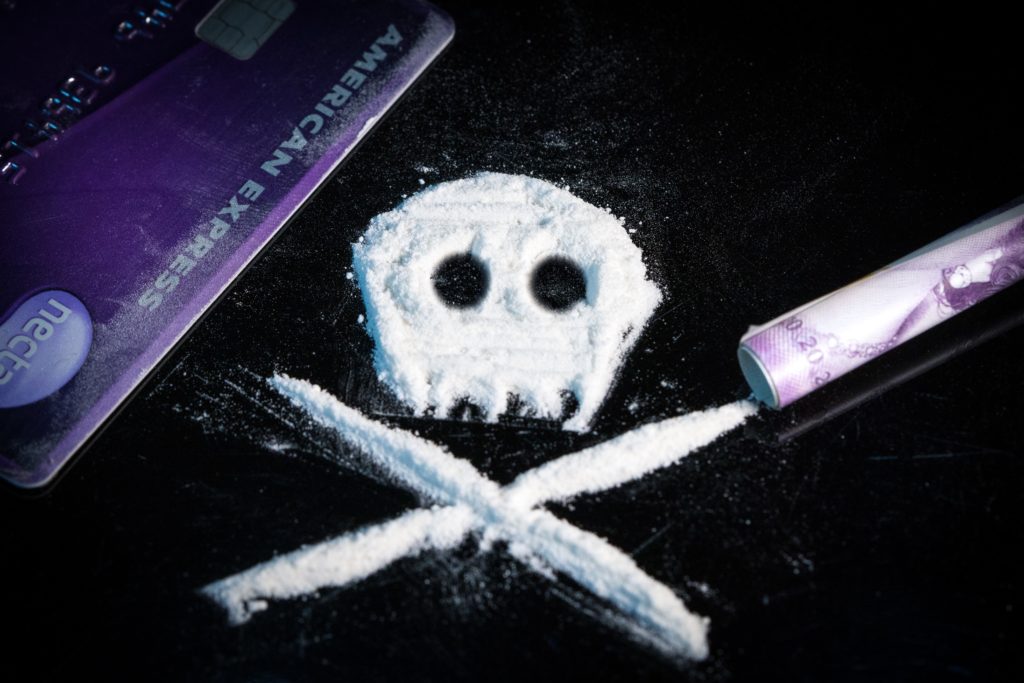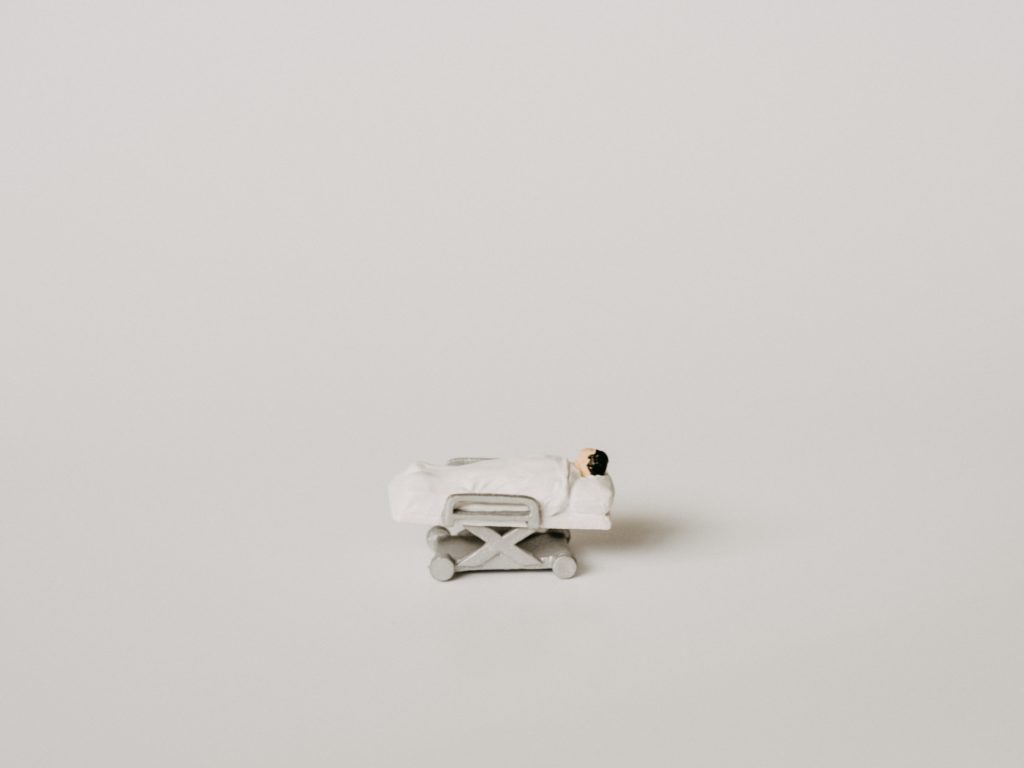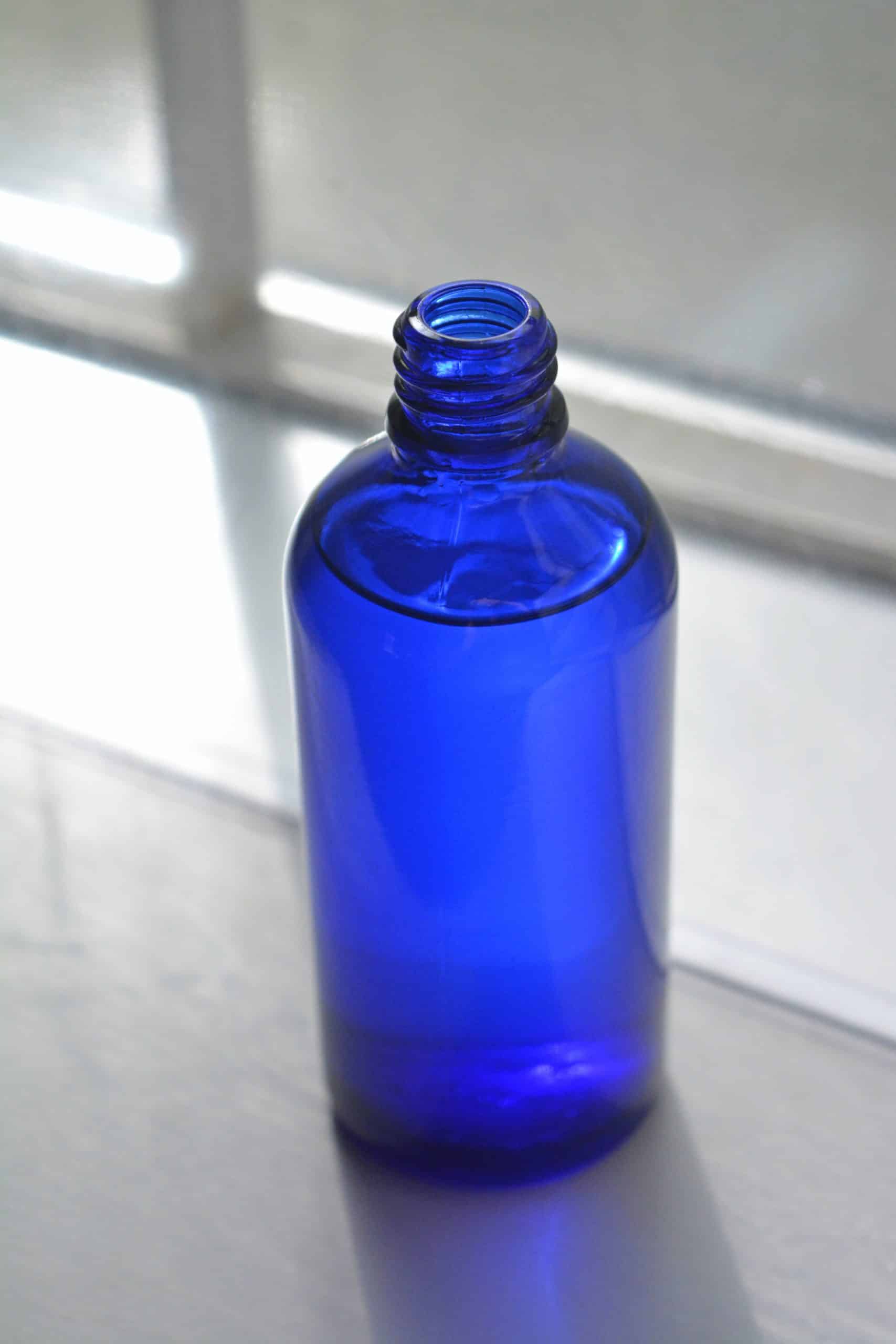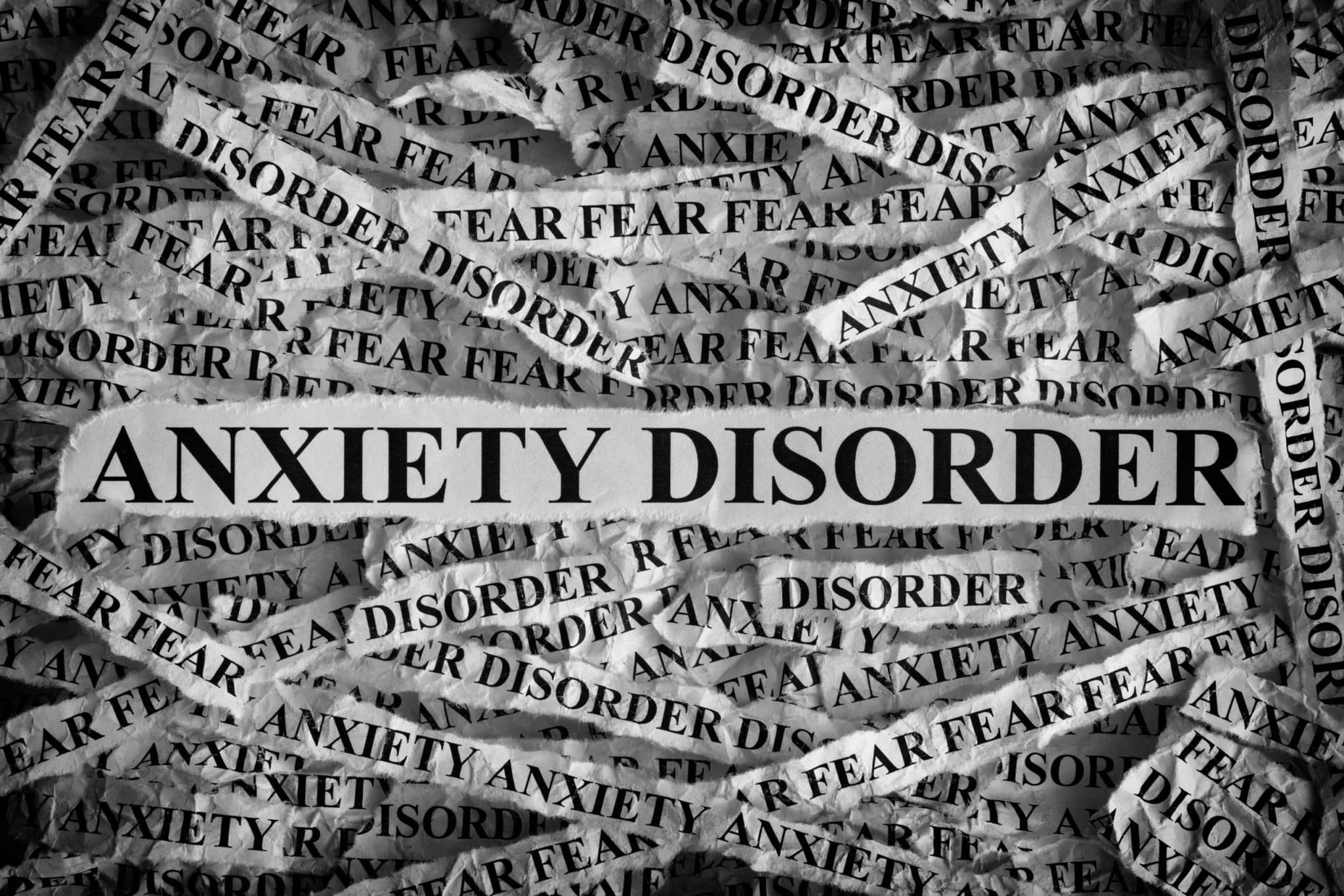What is Angel Dust or PCP?
As a dissociative drug, angel dust, also known as PCP, causes hallucinations and dissociation. Soon after PCP was developed for medical purposes, it was discontinued due to its ability to cause aggressive and erratic behavior and psychosis. However, some people use angel dust for its side effects despite the physical and mental problems it can cause.
Angel dust is a drug called PCP, which is the shortened name for phencyclidine. Phencyclidine or phenyl cyclohexyl piperidine (PCP), is a hallucinogen drug that’s used recreationally for its mind-altering side effects. It was originally developed as a surgical anesthetic in the 1950s but was eventually discontinued. Angel dust is often sold as a bitter-tasting white powder that can be snorted, injected, or swallowed in a capsule. In its powder form, PCP can also be smoked with tobacco and marijuana. Angel dust’s mind-altering effects are the reasons why people also refer to it as angel dust, supergrass, and rocket fuel.

How is Angel Dust used?
PCP is available in a variety of tablets, capsules, and colored powders, which are either smoked, taken orally, or by the intranasal route (“snorted”). Smoking is the most common route when used recreationally. The liquid form of PCP is PCP base often dissolved in ether, a highly flammable solvent. For smoking, PCP is typically sprayed onto leafy material such as mint, parsley, oregano, or marijuana. Angel Dust may also be injected. The effects of PCP can last for 4 to 6 hours.
What are the effects of recreational PCP use?
Many believe angel dust to be one of the most dangerous drugs of abuse. A moderate amount of PCP often causes users to feel detached, distant, and estranged from their surroundings.
- Numbness of the extremities, slurred speech, and loss of coordination may be accompanied by a sense of strength and invulnerability.
- A blank stare, rapid and involuntary eye movements, and an exaggerated gait are among the more observable effects.
- Auditory hallucinations, image distortion, severe mood disorders, and amnesia may also occur.
- Acute anxiety and a feeling of impending doom, paranoia, violent hostility, a psychosis indistinguishable from schizophrenia.
Physiological effects of low to moderate doses of PCP
- Slight increase in breathing rate
- Rise in blood pressure and pulse rate
- Shallow respiration
- Flushing and profuse sweating occurs
Physiological effects of high doses of PCP
- A drop in blood pressure, pulse rate, and respiration.
- Nausea, vomiting
- Flicking up and down of the eyes
- Drooling
- Loss of balance and dizziness
- Violence, suicide
- Blurred vision
High doses of PCP can also cause seizures, coma, and death (often due to accidental injury or suicide during PCP intoxication). Psychological effects at high doses include delusions and hallucinations. Users often refer to the experiences from hallucinogens as a “trip”, or call an unpleasant experience a “bad trip.” As with any recreational drug that may be injected, the risk for HIV, hepatitis, and other infectious diseases from shared needles is a possibility.
Angel Dust Addiction
Angel dust is an addictive drug. Angel dust addiction usually begins when a person experiments with PCP. They become drawn to its side effects and want to experience them continuously. However, like many other drugs, the body eventually builds tolerance or becomes used to a certain dose of PCP. When this happens, the person would need to take more of it to experience the same side effects. Over time, the body begins to adapt to ingesting angel dust regularly, making it difficult to quit. At We Level Up California, we offer a variety of addiction treatment programs that have helped numerous patients recover from addiction to drugs like angel dust.
Signs of Angel Dust Addiction
Angel dust can greatly impact the brain’s chemical responses. Levels of chemicals or neurotransmitters like dopamine and serotonin can be affected. These chemicals play a role in mood, behavior, and overall mental health, all of which can be inhibited by abusing drugs like PCP.
A person who’s addicted to angel dust may exhibit mental and behavioral symptoms like:

- Mood swings
- Frequent anxiety
- Loss of sensation or balance
- Stiff muscles
- Memory loss
- Numbness in the extremities
- Low blood pressure
- Delusions
- Flashbacks of a “trip” or a time they were high
- Ignoring or neglecting responsibilities
- Changes in friend groups
- Spending a large amount of time and money on PCP
- Lack of or poor hygiene
- Irregular heartbeat
PCP can also cause coma, seizures, and damage to the skeletal system. A long-term PCP drug addiction often results in various health problems related to mental illness and decreased muscle health. If you recognize angel dust addictive behavior in yourself or a loved one, do not wait to get help.
Side Effects of Angel Dust
Angel dust alters a person’s perceptions and mood, often putting them in a trancelike state or causing an out-of-body experience. PCP can distort a person’s perception of time, their environment, light, sound, color, and touch. Other people may take it for the out-of-body experience it can produce, as well. Low to moderate doses of angel dust can impact the senses, causing a variety of symptoms.
Some common side effects of PCP include:
- Distorted perception of light, sound, touch, colors, and shapes
- Out-of-body experience
- Hallucinations
- Delusions
- Paranoia
- Anxiety
- Aggressive or violent behavior
- Delirium
- Confusion
- Inability to distinguish reality from fiction
While some people may enjoy the effects of PCP, it can cause severe anxiety, panic, and induce aggressive behavior. Angel dust can also have a similar effect to alcohol intoxication, inhibiting a person’s coordination, emotions, and judgment. Flashbacks of a PCP high can also occur days, weeks, or even months after a person has used it. PCP addiction symptoms increase the person’s chances of causing or being involved in an accident or committing suicide.
Diagnosing Angel Dust intoxication
According to the scientific piece ‘Phencyclidine Intoxication and Adverse Effects: A Clinical and Pharmacological Review of an Illicit Drug’, published by the National Library of Medicine, phencyclidine intoxication is a diagnosis that must be suspected clinically so that the appropriate tests are ordered for confirmation. The differential diagnosis of the clinical picture created by PCP includes other intoxications like schizophrenia, intracranial pathology, hypoxia, hypoglycemia, hyponatremia, sepsis, meningitis and encephalitis, thyroid storm, and neuroleptic malignant syndrome.
PCP intoxication shares many features with overdoses of cocaine, amphetamines, anticholinergic agents, hallucinogens, and withdrawal from benzodiazepines. Therefore, a qualitative urine toxicologic screen has become a mandatory standard of care for any patient, infant or adult, with the altered mental status of unknown etiology.

The simplest way to confirm suspected PCP intoxication is via qualitative chromatographic or immunologic urine drug screen since 9% of the active drug is excreted directly by the kidneys. The urine is usually positive for 2–4 days after PCP use, but after chronic exposure, the test results can be positive for over a week. [1]
Angel Dust intoxication treatment
The management of PCP intoxication begins just as any other intoxication would. First, the client’s airway, breathing, circulation, thermoregulation, and neurologic status must be stabilized. The client should then be restrained and sedated if necessary to prevent self-inflicted injury, which is the most common cause of morbidity and mortality in these clients. Benzodiazepines are recommended in patients without psychosis, as antipsychotics can amplify PCP-induced hyperthermia, dystonic as well as anticholinergic reactions, and lower the seizure threshold. However, haloperidol has been described as a useful treatment for PCP-induced psychosis provided the patient is not hyperthermic.
Due to their more favorable side effect profile, atypical antipsychotics like olanzapine or ziprasidone would be a better choice than haloperidol when treating PCP-induced agitation and psychosis. Diphenhydramine 50mg or 1mg/kg can be used to treat PCP-induced (or haloperidol-induced) dystonic symptoms but should be administered after a urine sample is obtained for toxicologic screening, since it may cause the specimen to test falsely positive for PCP.

As with all intoxications, a blood glucose measurement should be obtained, and 100 mg thiamine and dextrose 50% should be administered if the blood sugar is abnormally low. Naloxone, to treat potentially congested opiates, is not necessary for patients with adequate respiration. [1]
Reclaim your life from Angel Dust addiction
Angel Dust addiction is a serious condition that can cause major health, social and economic problems that should not be taken lightly. We Level Up California can provide you, or someone you love, the tools to recover from this by detoxification with professional and safe treatment. Feel free to call us to speak with one of our counselors. We can give you further information about the abuse of this drug. Our specialists know what you are going through. Please know that each call is private and confidential.
Sources
[1] Bey, T., & Patel, A. (2007). Phencyclidine intoxication and adverse effects: a clinical and pharmacological review of an illicit drug. The California Journal of emergency medicine, 8(1), 9–14. (https://www.ncbi.nlm.nih.gov)
[2] National Institute on Drug Abuse – PCP (Phencyclidine) (www.drugabuse.gov)





